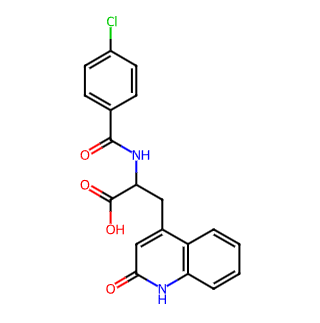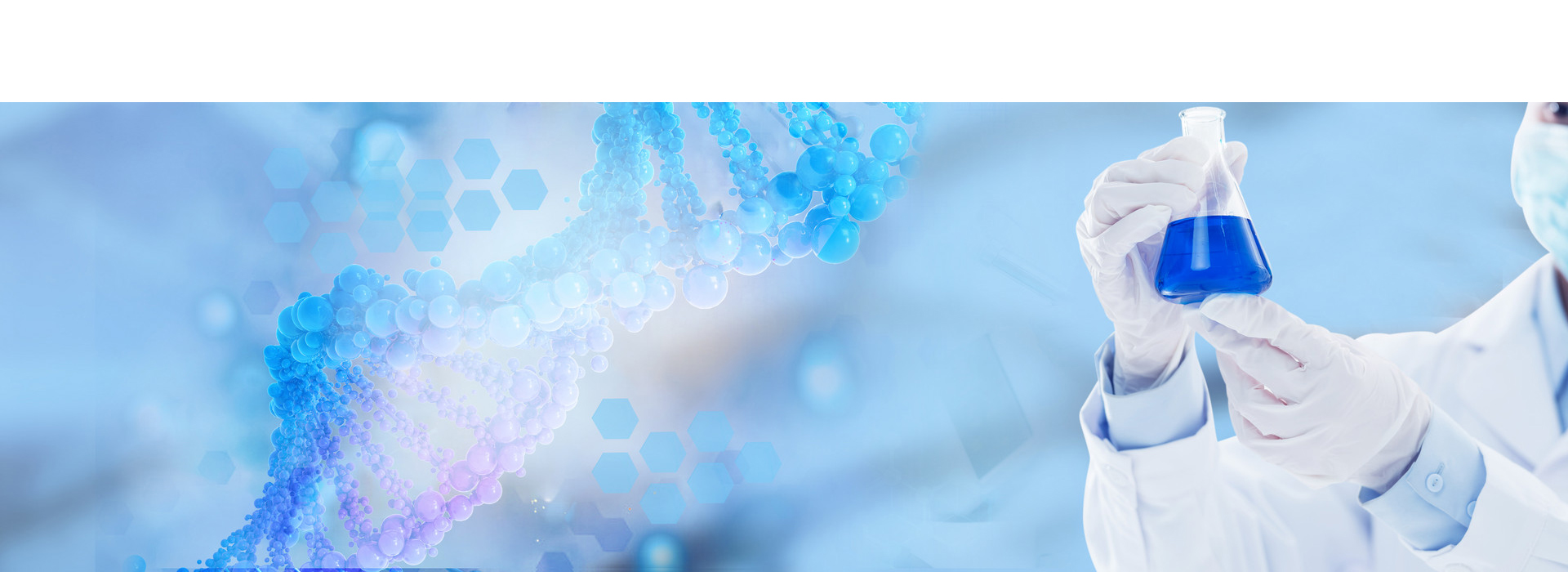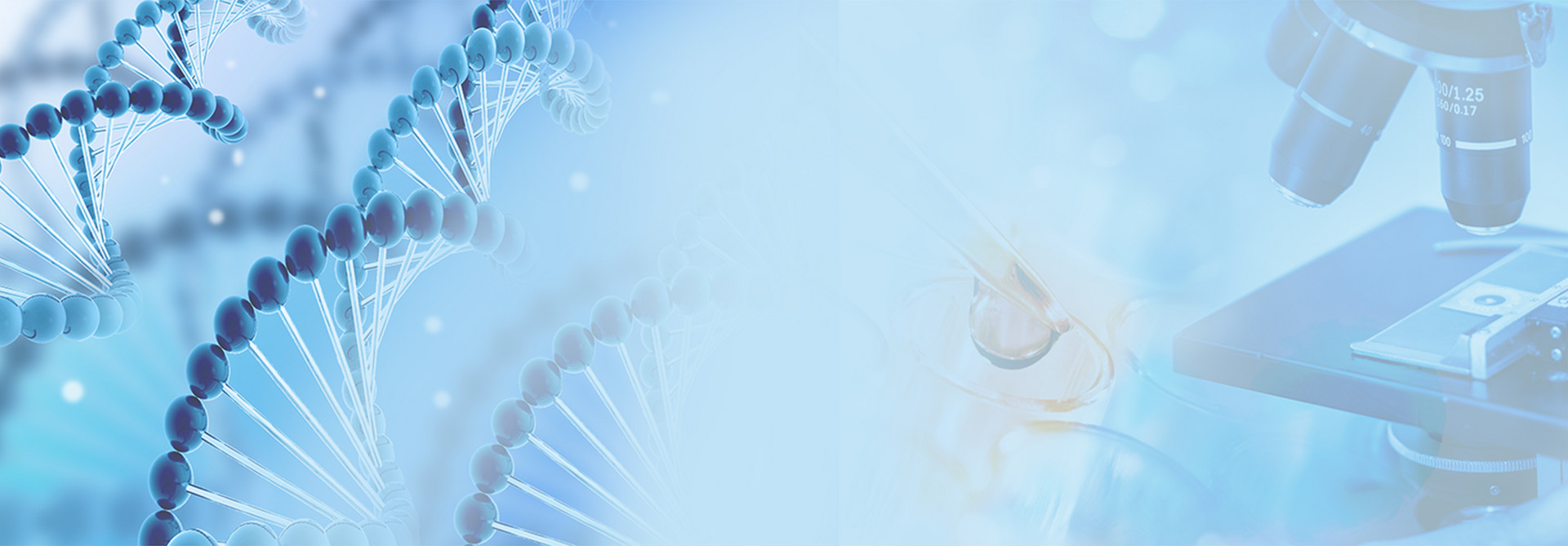- Synthetic anti-infective drugs
- Medications for the digestive system
- Antipyretic and analgesic drugs
- Medications for the blood system
- Medications for the respiratory system
- Anti-allergic drugs
- Medications for the urinary system
- Diagnostic medications
- Immunosuppressive and immunomodulatory drugs
- Vitamins and mineral supplements
- Antioxidants and medications for osteoporosis
- Antiparasitic drugs
- Ophthalmic medications
- Amino acids and their derivatives
- Dermatological medications
- Medications for the circulatory system
- Antitumor drugs
- Medications for the nervous system
- Hormonal and endocrine function-regulating drugs
- Antibiotics
- Others
CAS NO.: 90098-04-7




Rebamipide, also known as Recamide, is a medication primarily used in the treatment of gastritis and gastric ulcers. Below is a detailed introduction to Rebamipide:
Basic Information
English Name: Rebamipide
CAS Number: 90098-04-7 (Note: Some sources may list 111911-87-6, but 90098-04-7 is the more widely accepted CAS number)
Molecular Formula: C19H15ClN2O4
Molecular Weight: 370.7864 (Some sources may list 370.79)
Indications
Rebamipide is used to treat the following conditions:
Gastric Ulcers: It promotes ulcer healing.
Acute Gastritis and Acute Exacerbation of Chronic Gastritis: It improves gastric mucosal lesions such as erosions, bleeding, hyperemia, and edema.
Pharmacological Effects
Rebamipide acts as a gastric mucosal protective agent with the following pharmacological effects:
Increases Gastric Mucosal Blood Flow: Enhances mucosal repair and regeneration by increasing blood supply to the gastric mucosa.
Promotes Synthesis of Prostaglandin E2 (PGE2): PGE2 has a protective effect on the gastric mucosa, reducing its damage.
Scavenges Oxygen Free Radicals: Removes oxygen free radicals from the body, mitigating their damage to the gastric mucosa.
Inhibits Neutrophil Activation: Reduces the production of reactive oxygen species by activated neutrophils, further protecting the gastric mucosa.
Adverse Reactions
Rebamipide has relatively few adverse reactions, but some patients may experience the following:
Hematological System: Leukopenia, thrombocytopenia, etc., but these occur infrequently.
Nervous System: Numbness, dizziness, drowsiness, etc.
Gastrointestinal: Taste disturbances, belching, hiccups, vomiting, gastric burning sensation, abdominal pain, bloating, constipation, diarrhea, etc.
Liver: Abnormal liver function, such as elevated alanine aminotransferase (ALT), aspartate aminotransferase (AST), and jaundice.
Endocrine/Metabolism: Breast swelling, breast pain, gynecomastia in males, induction of lactation, etc.
Respiratory System: Cough, dyspnea, etc.
Allergic Reactions: Skin rashes, itching, drug eruption-like eczema, and occasionally urticaria.

Tai Yau Street, San Po Kong, Kowloon, Hong Kong, China.



